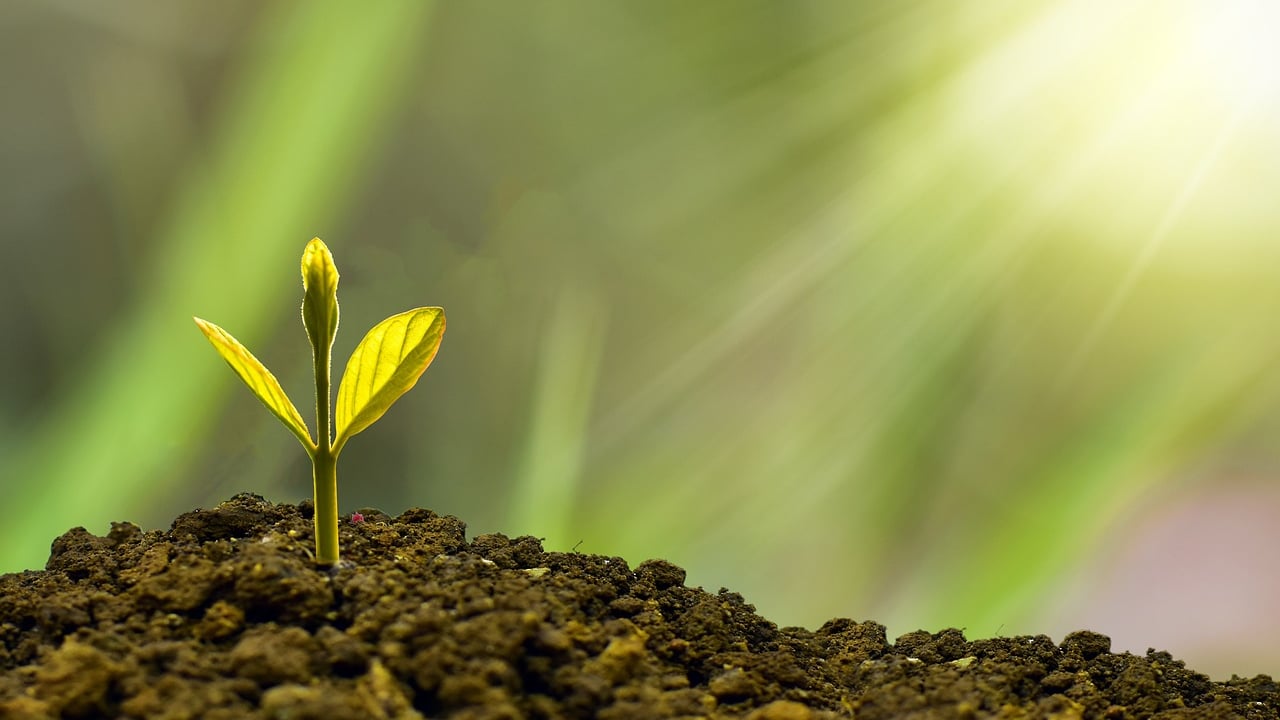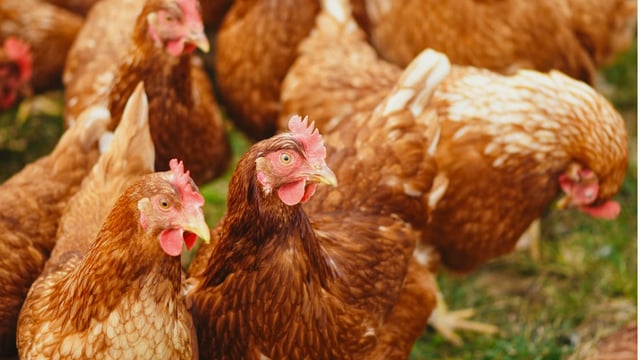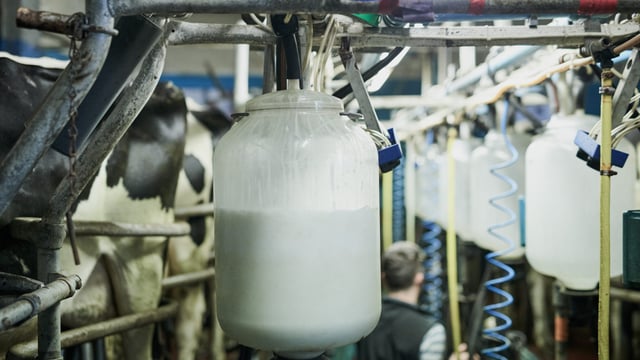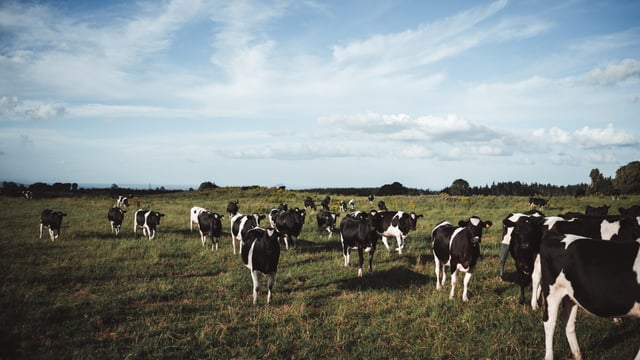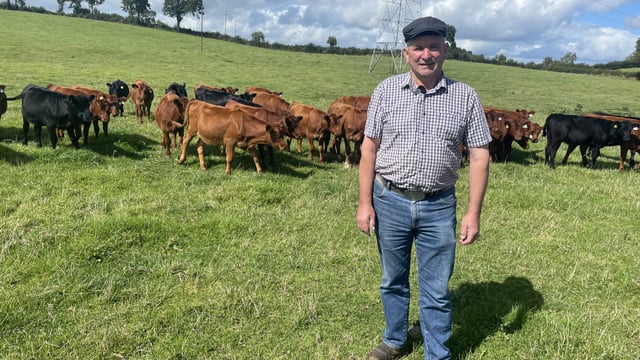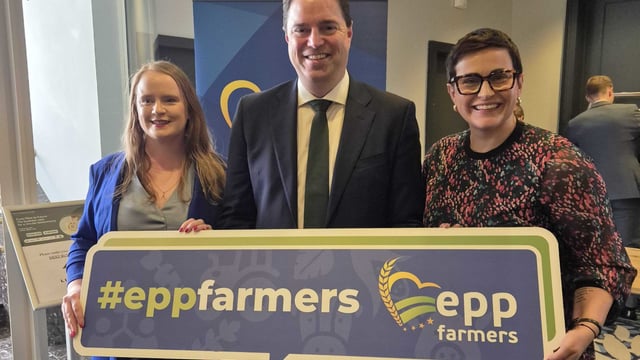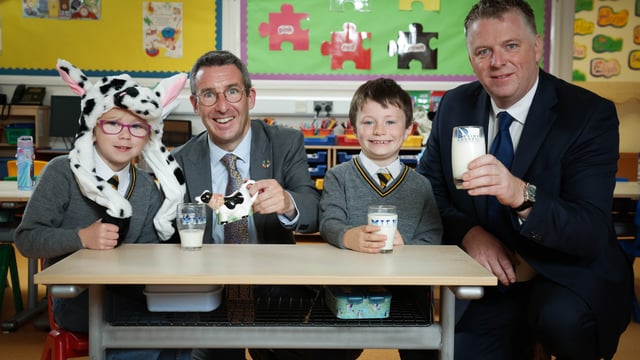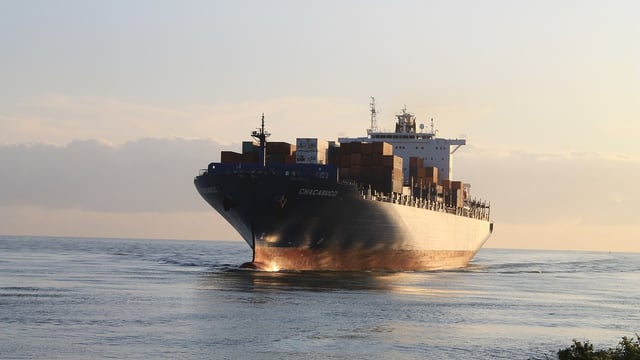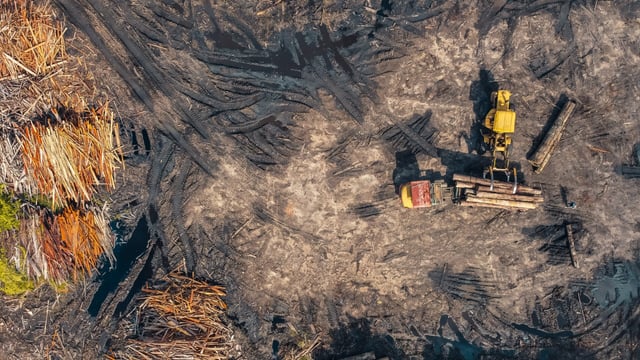Arrabawn-Tipperary co-op selected for biorefinery feasibility study
A pioneering feasibility study has been launched in Ireland’s mid-west to explore a new cooperative model for biorefineries that could unlock fresh investment and create strong market opportunities for rural regions.
The study is designed to demonstrate how cooperative enterprise can be at the centre of Ireland’s growing bioeconomy.
Led by the Irish Co-operative Organisation Society (ICOS) in partnership with Climate KIC, Europe’s climate innovation agency, the study has received backing from the government, the EU, South-East Regional Assembly, Enterprise Ireland and the Golden Jubilee Trust.
It has an advisory committee representing the interests of agriculture, climate, energy, research, financial, and sustainability.
Biorefinery
The Collaborative Bio-Industrial Alliance (to be called Comhar BIA) will assess how cooperatives and their members can work together to turn agricultural and food processing by-products into high-value outputs such as renewable energy, natural fertilisers, bio-materials, chemicals, and food and feed ingredients.
'Comhar' is the Irish for cooperation.
By developing regional, co-owned biorefineries, the project aims to deliver new income streams for farmers, attract sustainable investment, and strengthen rural economies, while also supporting Ireland’s national goals for decarbonisation and industrial transformation.
Biorefineries have the potential to create significant value in regional economies while realising the decarbonisation potential of multiple sectors.
The project centres around the concept of cooperatives as an initial focal point to identify complementary partners, feedstocks, processes and market outputs so that a regional co-owned biorefinery can be appropriately sized, sited, funded, and developed.
Bioeconomy in practice
The study will assess the technical and economic viability of a regional biorefinery model based on cooperative ownership, focusing on anaerobic digestion (AD) as a core technology, with potential for integrating other complementary technologies over time.
It will also explore the feasibility of establishing an enabling shared services entity to support and drive the commercialisation of collaborative bioeconomy projects, according to ICOS.
Following a competitive expression of interest process in early 2025, Arrabawn-Tipperary co-op was selected to participate in the initial study, based on its access to suitable feedstock from dairy processing side streams and location within a discrete rural catchment.
The techno-economic analysis will be conducted by engineering consultancy firm AtkinsRéalis, with strategic input and guidance from ICOS and Climate KIC. It is expected to be completed by late autumn 2025.
CEO of the ICOS, TJ Flanagan said: “These biorefineries could bring significant economic opportunities for regions while accelerating decarbonisation across multiple sectors.
"Centring the project on cooperatives ensures a locally led approach, complemented by the right partners, feedstocks, pathways, and market outputs so that each biorefinery is appropriately located, sized, funded, and developed with the communities it serves."
Project lead at Climate KIC, Denyse Julien added: “Comhar BIA is a bold reimagining of how Ireland can use its bioeconomy potential to drive regional decarbonisation and economic renewal.
"What makes this initiative unique is its cooperative backbone, bringing farmers, processors, local authorities and communities together to co-develop shared bio-industrial infrastructure.
"Climate KIC is proud to have co-developed this approach, helping to shape a scalable model that goes beyond anaerobic digestion to embrace a full spectrum of biotechnologies.
"This is exactly the type of systemic innovation we need; designed to deliver climate impact, rural resilience, and industrial transformation.”
The project is led by ICOS where bioeconomy executive, John Brosnan has been working collaboratively across the cooperative, public, research, and wider industrial sectors since 2023.
Next steps
ICOS has stated that momentum is growing in Ireland around the potential of bioeconomy, with Bioeconomy Ireland Week in October and the Global Bioeconomy Summit in 2026 set to advance collaboration and investment in sustainable, circular bio-based solutions.
The Comhar BIA project has already attracted interest from other regions, and further funding will be sought to develop the engineering design and business model for this first proposed facility, to develop subsequent facilities and to establish a networked shared services function.
The Comhar BIA project is co-funded by the Government of Ireland and the EU through the ERDF Southern, Eastern & Midland Regional Programme 2021-2027.
The project is supported by a feasibility study grant of €50,000 by Enterprise Ireland under the ERDF-backed ‘Smart Regions Innovation Fund’, with matched funding from the Golden Jubilee Trust, the charitable trust promoting the cooperative movement and agriculture in Ireland.

